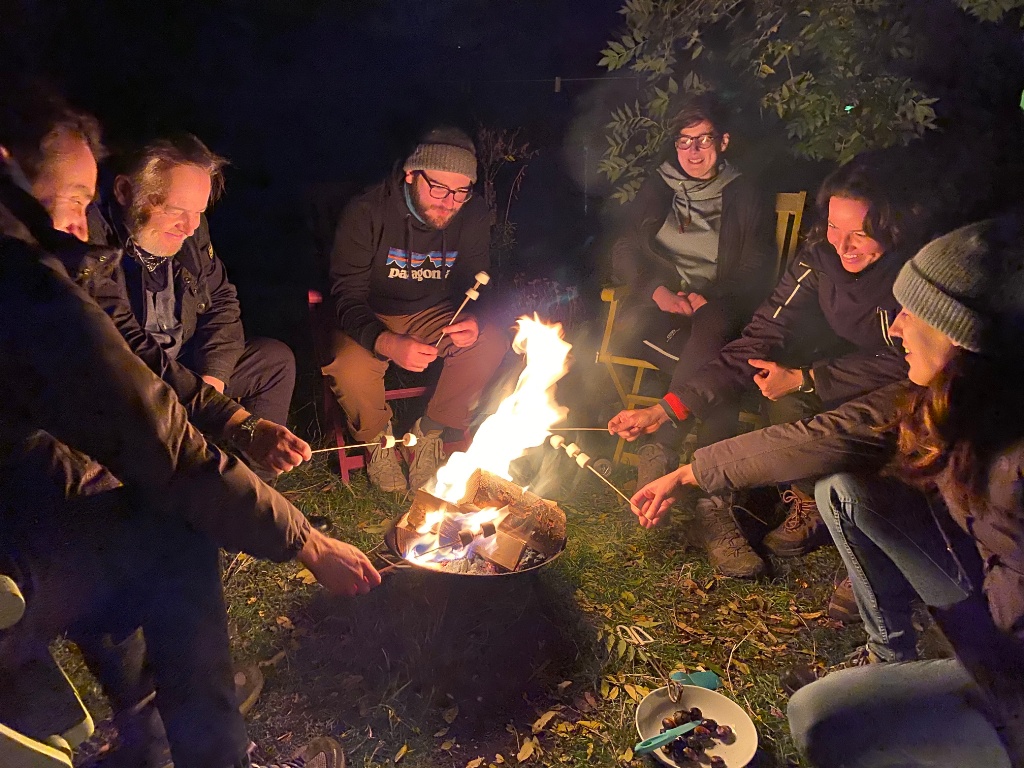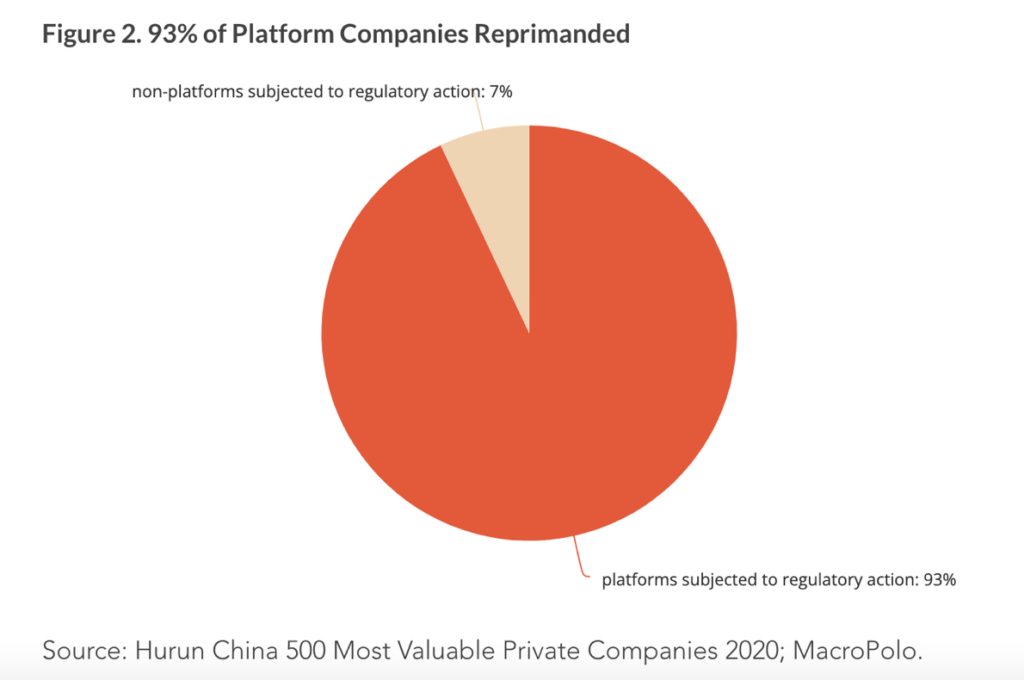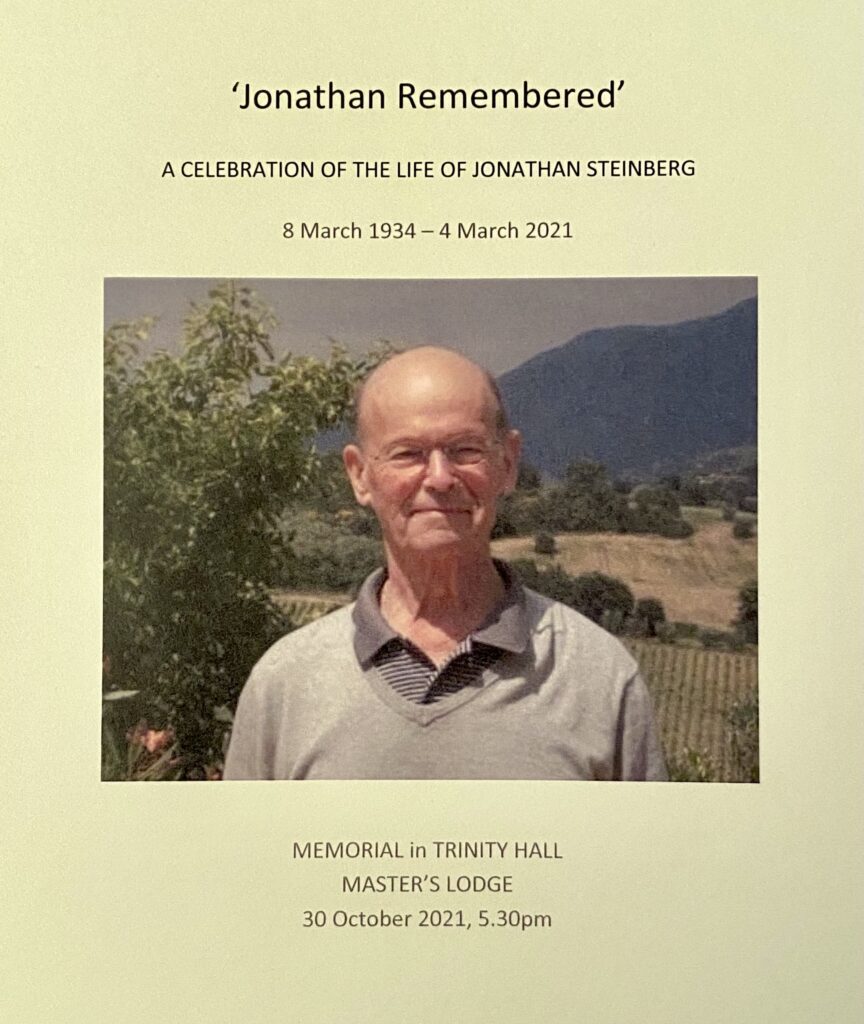What we did on November 5

Instead of burning effigies, we toasted marshmallows and roasted chestnuts.
Quote of the Day
The Sunday Times had a big scoop yesterday saying that the sure-fire way to become a Lord under the current Tory government is to donate at least £3m to the party. We’re back to Lloyd-George’s cash-for-titles days; the only difference is that the price has gone up.
The story reminded me of a conversation I had some years ago with a friend who is a life peer. He’s an intensely serious, academically-distinguished and dedicated individual who takes his role seriously and never misses a Lords debate for which his experience and knowledge are relevant.
One night, on the train back to Cambridge after a dinner we’d both attended in London, I asked him what it was like being a Lord.
“Well”, he replied, “it’s a privilege, but…” (pause) “it’s no longer an honour, given some of the people who are now in the House.”
Spot on.
Musical alternative to the morning’s radio news
Neil Young, Simon & Garfunkel – Helpless / Only Love Can Break Your Heart
Long Read of the Day
The Singularity Is Here: Artificially intelligent advertising technology is poisoning our societies.
Eloquent essay by Ayad Akhtar on what surveillance capitalism is doing to us.
Embedded in this scheme of endless distraction is a deeper logic. The system has come to understand the fundamental value of always reaffirming our points of view back to us, delivering to us a world in our image, confirmation bias as the default setting. This is the real meaning of contemporary virtuality. In the virtual space, the technology combats and corrects our frustrations with reality itself—which defies expectation and understanding, by definition.
Thoughtful and worth your time.
How can we tame the tech giants now that they control society’s infrastructure?
Yesterday’s Observer column
Pardon me for a moment while I shed a few crocodile tears. The proximate cause of this grief is the news that the revenues of Snap, Facebook, Twitter and YouTube are down by an estimated $9.85bn in the second half of this year. Just to put that in context, as I write, the stock market valuations of the first three of these behemoths are $86.9bn, $930.36bn and $44.07bn respectively. YouTube is harder to estimate because it’s part of Alphabet, its holding company, but since that’s valued at $1.93tn (that’s trillion, by the way) we may safely assume that YouTube’s revenue decline was, as engineers say, “in the noise”.
And yet all these outfits were complaining loudly at the injustice that had been done to them by one of their peers – Apple. Why so? Well, back in April, the iPhone manufacturer introduced its grandly named app-tracking transparency policy via a tweak to its mobile operating system, which forced iPhone apps to ask for permission before they tracked the behaviour of users to serve them personalised ads.
Predictably, most users declined to be tracked, which meant that those who had hoped to target them were left floundering. ..
Do read the whole thing.
Is There a Method Behind China’s Tech Crackdown Madness?
Really fascinating article which sheds some light on something that’s been puzzling me for ages, namely the question of why the Chinese Communist Party is cracking down on the country’s social media companies. Was this triggered by the hubris of these outfits’ founders (who had forgotten that nothing, but nothing, is more important than the Party)? Or was there something more fundamental and perceptive at work — namely the strategic insight that these companies are, ultimately, not important and may be disposable in the long run. After all, basically they’re just doing tricks on the back of an old technology (the Internet) developed long ago in the US, whereas the Party realises that what China needs is the capability to develop the infrastructural technologies that will underpin the longer-term future.
This piece by Ruihan Huang and Joshua Henderson examined the 500 most valuable private companies on China’s Hurun list — about half of which are in the tech sector in the hope of identifying what companies were targeted and then speculating on the reasons why.
They concluded that:
- regulators almost exclusively targeted “bits” (software) companies rather than “atoms” (hardware) companies — which mean, essentially, what I call ‘platform’ owners in yesterday’s Observer column;
- crackdowns appear to be correlated with firm size; and,
- ‘regulatory’ actions were not always ‘political’ in nature but were vigorously pursued because of the available window of opportunity.
This chart just about sums it up:

My commonplace booklet
Eh? (See here)

This picture, showing Boris Johnson dozing his way through the opening speech of COP26, headed an interesting article in the Guardian about how Johnson was perceived by other major politicians at the conference. Apparently he couldn’t resist trotting out his usual jokes and antics — and even left gaps in his speech for laughter — but the laughs never came.
I’m not surprised. Johnson is basically a provincial, little-Britain act, which plays well to some audiences in a country where toffee-nosed clowns like Johnson and Jacob Rees-Mogg are understood by people who read the Beano and the ‘Greyfriars’stories when they were kids.
But foreigners never read this stuff and so they don’t get it. In fact they are almost as amazed that a hitherto sensible and stable polity called the UK elected this clown as the rest of us were when the Americans plumped for Trump.
This Blog is also available as a daily email. If you think that might suit you better, why not subscribe? One email a day, Monday through Friday, delivered to your inbox. It’s free, and you can always unsubscribe if you conclude your inbox is full enough already!






